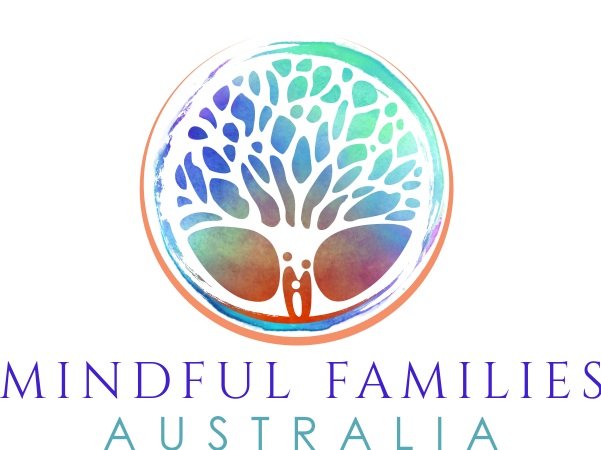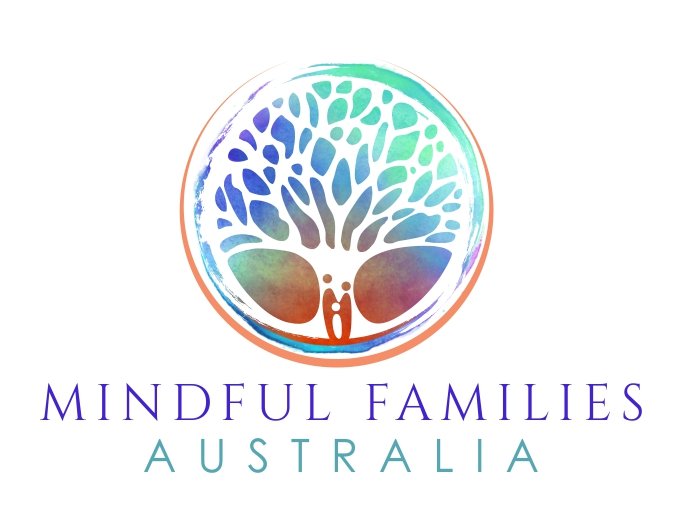Nurturing Conscious Connections in Families: The Importance of Mindfulness and Understanding
At Mindful Families Australia, one of our primary goals is often helping others to Nurture Conscious Connections. But what does it mean to nurture conscious connections?
Conscious connections refer to deep and meaningful relationships that go beyond surface-level interactions. It involves being present, actively engaged, and empathetic towards the people we care about, whether it's our loved ones, friends, strangers and even the world around us.
Conscious connections require us to listen deeply, communicate effectively, and respect each other's feelings, thoughts, and perspectives. It's about fostering trust, intimacy, and vulnerability, and building a sense of community and belonging.
Nurturing conscious connections is essential for our overall well-being. When we have meaningful relationships, we experience a sense of belonging, acceptance, and support, which can boost our self-esteem, reduce stress, and improve our mental health. Studies have shown that people who have strong social connections live longer, healthier, and happier lives than those who don't. In contrast, the lack of meaningful connections can lead to feelings of loneliness, isolation, and depression.
Families are the first, and arguably the most important social units we belong to, helping to shape our identity, beliefs, and behaviours. Conscious connections within families can have a significant impact on our development, well-being, and relationships outside the family. It's not always easy to nurture conscious connections within families, especially when we have different personalities, values, and expectations. But with the right mindset and tools, we can cultivate mindful, empathetic, and healthy relationships with our family members.
Conscious connections within families involve being present, engaged, and respectful towards each other's feelings, thoughts, and perspectives. It's about creating a safe and supportive space where each member feels seen, heard, and valued. Conscious connections in families require us to listen deeply, communicate effectively, and practice empathy and understanding.
When we feel understood, connected and supported by our family members, our brain releases oxytocin, a hormone that promotes feelings of trust, empathy, and well-being. This, in turn, can lead to better emotional regulation, lower stress levels, and improved cognitive performance. Conscious connections can also increase the size and activity of brain regions involved in social cognition, such as the prefrontal cortex and anterior cingulate cortex. These brain changes can improve our ability to understand and respond to others' emotions, think creatively, and make thoughtful decisions. By nurturing conscious connections within our families, we are not only improving our relationships but also enhancing our brain health and overall well-being.
When we take the time to understand each other's perspectives, needs, and boundaries, we can build deeper connections and reduce conflicts. It's important to recognize that every family member has their own unique experiences, challenges, and strengths and that we can learn from each other's differences. As Thich Nhat Hanh, a renowned Zen master, spiritual teacher, and author, teaches, "Understanding is the essence of love. If you cannot understand, you cannot love. That is the message of the Buddha. If a husband, for example, does not understand his wife's deepest troubles, her deepest aspirations, if he does not understand her suffering, he will not be able to love her in the right way."
This quote emphasizes the importance of understanding and empathy in our relationships, and how they are essential for cultivating love and deep connections. It reminds us that love and connection are not just about feeling good or being happy; it's about seeing and understanding each other's struggles, aspirations, and vulnerabilities and offering support and compassion." By seeking to understand rather than judge or criticize, we can cultivate love, respect, and trust within our families.
Here are five specific activities that families can do together to nurture conscious connections:
Family Mindfulness Practice: Set aside a few minutes each day to practice mindfulness as a family. This could involve guided meditation, deep breathing exercises, or simply sitting in silence and focusing on your breath. By practising mindfulness together, you can create a sense of calm and presence that can help reduce stress and strengthen your connections.
Family Dinner or Game Night: Make it a priority to have regular family dinners or game nights where everyone can come together and connect. This is an opportunity to share stories, listen to each other, and have fun together. You can take turns choosing the menu or game, and make it a tradition that everyone looks forward to.
Family Outdoor Activity: Plan a family outing that involves being outdoors and active, such as hiking, biking, or playing a sport. This can be a chance to enjoy nature, get some exercise, and bond as a family. You can take turns choosing the activity and location, and make it a regular part of your family routine.
Family Creative Project: Choose a creative project that everyone can work on together, such as painting, writing a story, or making a scrapbook. This can be a way to express your individual and collective creativity, share your ideas and feelings, and create something meaningful and memorable.
Family Volunteer Work: Find a volunteer opportunity that everyone can participate in together, such as serving at a soup kitchen, cleaning up a park, or visiting a nursing home. This can be a way to give back to your community, learn about different perspectives and experiences, and feel a sense of purpose and connection as a family.
In conclusion, nurturing conscious connections within ourselves and our families is essential for our individual and collective well-being. By practising mindfulness, understanding, and taking the time to prioritise our family connections, we can create a more loving, empathetic, and respectful family environment. We can learn from each other's differences, support each other's growth and development, and build lifelong connections that bring joy and meaning to our lives.


